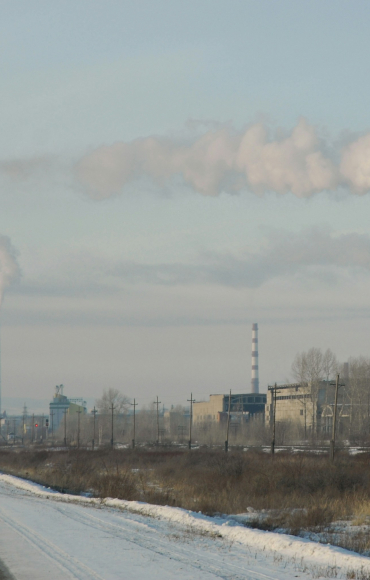
The Poison of Prishtina That Makes Every Breath a Struggle
The Poison of Prishtina That Makes Every Breath a Struggle A winter morning in Prishtina often begins under a heavy, grey sky, where the air feels thick and each breath reminds you of the...
Balkan Green Foundation and its partnering organization, Germanwatch, organized the final conference in the framework of the ‘Multi-Actor Partnership (MAP) - Kosovo Energy Transition’1 project with the theme: Energy Transition in the Western Balkans. At the end of more than three years of studies, conferences, meetings, and workshops, the final conference disseminated the initial findings of the regional analysis ‘Gas in the Western Balkans – transition fuel for the energy transition?’2 whilst simultaneously emphasizing the main results and outputs of the MAP project as a whole.
On his opening remarks, the Executive Director of Balkan Green Foundation, Visar Azemi emphasized the contentment for having had the opportunity to implement one of the first projects in Kosovo tackling Energy Transition in the country - supported through the experiences of European countries and specifically the ‘Energiewende’ concept of Germany. ‘MAP project served as a dialogue platform to support sustainable and clean, affordable energy in Kosovo, whilst serving as an example to be followed by the Western Balkans region. The relations established with stakeholders from the governmental, academia, civil society, and business sector provided opportunities to heighten education and encouragement towards the consideration of ambitious climate action driven by energy transition. Nevertheless, energy transition efforts should not be country-centric, but inclusive of all the region, joined in combined actions to move away from the mentality of coal and lead towards a more diversified market and greener energy mix,’ stated Azemi.
Moreover, Martin Schon-Chanishvili from the partner organization Germanwatch, underlined that there are various options towards energy transition whilst aligning with the European plans towards decarbonization. Mr. Schon-Chanishvili expressed that: ‘High income countries such as Germany might have the funding to allow themselves the decommissioning of new fossil infrastructure and develop RES at the same time. When discussing gas as a transitional fuel towards energy transition, there are serious doubts from relevant experts on the field on it being a feasible option - since investments in new gas infrastructure accelerate the risk of carbon lock in. Therefore, countries of the WB should reconsider intensifying investments in Gas infrastructure, and rather concentrate their efforts in introducing cost effective options such as RES and energy efficiency.’
Continuing on with the conference, Pranvera Selimi from Balkan Green Foundation provided an in-depth overview of the aforementioned regional analysis, which centered on providing a better understanding among the general public on the disadvantages/drawbacks of developing gas infrastructure and integrating gas in the energy mix of the WB6. The specific objectives of the paper are understanding the current gas situation including infrastructure and legislative framework of each WB country; identifying the main stakeholders relevant in gas developments and their position regarding the matter; analysing the geopolitical implications of gas in each country; investigating the development of gas infrastructure vis-à-vis decarbonisation; and identifying environmental implications of developing a gas infrastructure and using it as a source of energy.
The overview of the analysis was complemented by remarks and discussions from representatives of organizations from each WB country, which were an integral part in the drafting of the analysis. Representative organizations from Albania, Bosnia and Herzegovina, Kosovo, North Macedonia, Montenegro and Serbia during the presentation of their respective country profiles, agreed that gas in the Western Balkans remains a complex topic with various interests and players involved. The gas sector, market and the infrastructure can be considered as under-developed in the WB6 countries compared to the EU and other more industrialized areas and countries. However, despite this, all the countries in the WB stated that they use natural gas for their various uses. It was agreed that diversification of energy sources is not only a trend but also a necessity for WB, however each country should stay attentive to evolve their respective strategies that follow the trends toward higher efficiency and lower-carbon energy sources.
The conference concluded with discussions and viewpoints from the participants all over the WB countries who unveiled their points of view on the viability of gas as an energy source in WB. They underlined the importance of developing strategies in a transparent and inclusive manner, while prioritizing the development of pathways to ensure systemic transformation and navigating the energy transition process from disruption to growth. They underlined that gas should be explored whether it accommodates development trends and energy transition goals in the Western Balkans, and if it institutes inclusive and all-round policies and efforts towards a just transition.